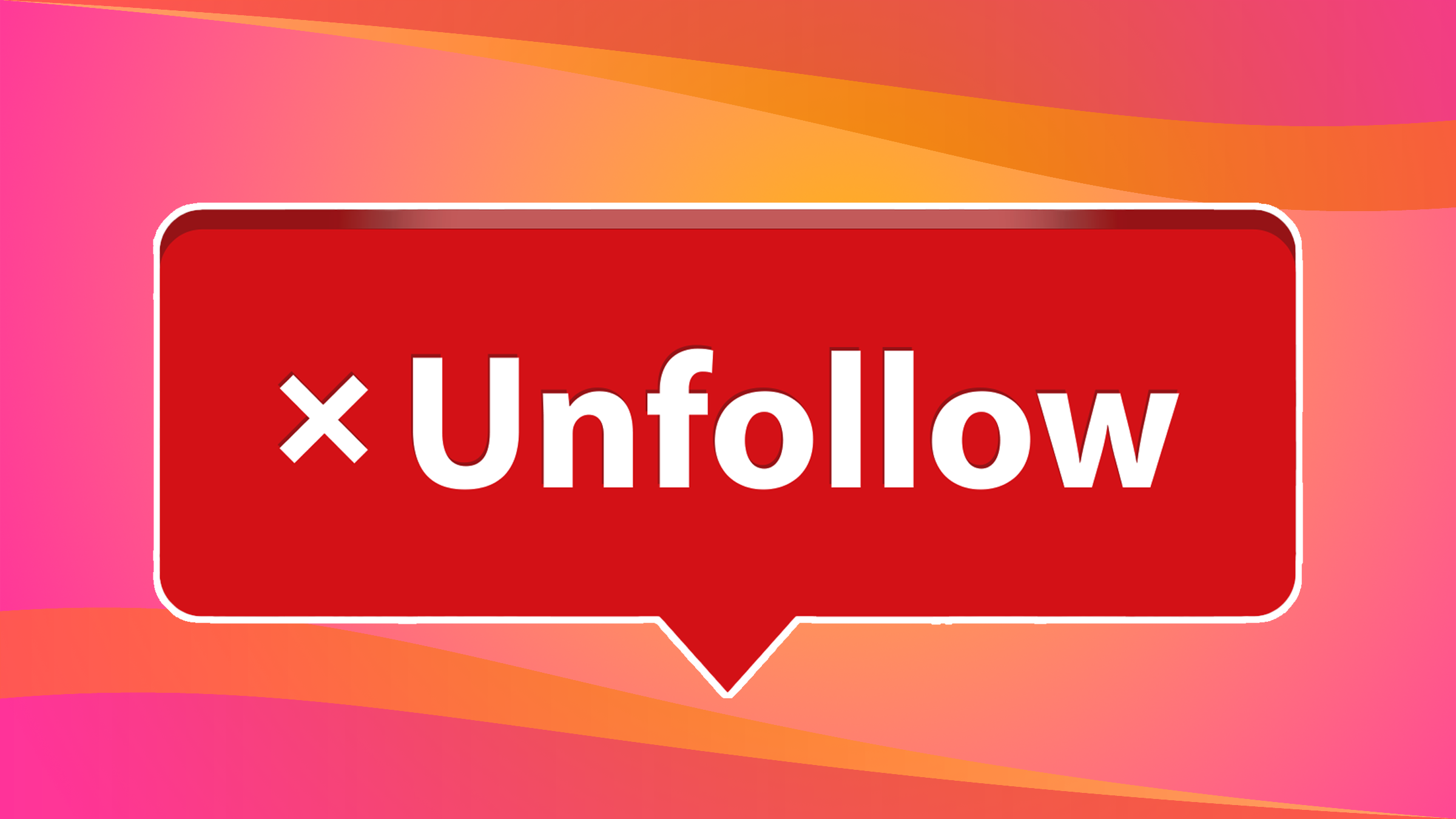
Social media unfollows, especially by high-profile individuals, often trigger intense public scrutiny and speculation about underlying drama. Fan accounts and publications swiftly framed Justin Bieber as the bitter ex after he unfollowed his ex’s new partner, Benny Blanco. Similarly, after Selena Gomez unfollowed “best friend” Theresa Marie, the Daily Mail speculated it was due to jealousy over Marie’s growing friendship with her fiancé. Drake‘s recent unfollowing spree was also linked to his feud with Kendrick Lamar by Page Six, which noted many unfollowed accounts had attended a concert by his rival.
Evidently, it’s often thought that some kind of betrayal, hurt, and drama pushes people to take an action as drastic as unfollowing. And the reason for this is simple: Unfollowing someone is one of the most deliberate choices we can make on social media.
Sometimes, blocking feels a little too severe, and muting them isn’t enough. If you want that middle-ground where you want them to know you dislike them, but don’t want to begin WWIII, unfollowing them — also known as ‘soft-blocking’— is the perfect storm.
So, over here at Passionfruit, we’re looking into the eye of the storm. Here’s what a litany of professionals had to say about the costs, benefits, and reasons for unfollowing.
Bethany Zelnet – Integrative Therapist
“In digital spaces, unfollowing someone acts as a clear relational statement,” therapist Bethany Zelnet tells Passionfruit. “Psychologically, it mirrors the in-person equivalent of walking out of a room mid-conversation or openly cutting ties.”
Zelnet emphasises that unfollowing can greatly impact the unfollowed party, especially if they’re young people. “For adolescents, who are navigating identity, belonging, and peer approval, the public nature of an unfollow can feel intensely personal,” she notes. “Unlike muting, which sets a quiet boundary, unfollowing is a visible decision that others often notice. It may reflect self-protection, autonomy, or boundary-setting, but it can also escalate conflict, trigger rejection sensitivity, or shift social dynamics, particularly within tight peer groups”.
Annalise John – Anxiety and Depression Therapist and Clinical Social Worker
According to therapist and social worker Annalise John, unfollowing someone “can carry real psychological weight.”
“For some, unfollowing can be “an act of emotional self-protection,” says John, adding that the act of unfollowing can signal “a need to reduce comparison, manage anxiety, or create distance from content that feels triggering or overwhelming.”
She adds that unblocking can be “a boundary-setting move.”
“While it can sometimes bring up guilt or fear of conflict, it’s also a form of self-regulation,” she notes. “Choosing to unfollow isn’t always about conflict or rejection—it’s about tuning in, noticing how something affects you, and honoring that.”
Dr Cody Commander.- Clinical and Sport Psychologist
This idea of unfollowing being a boundary-setting move is something that is emphasized by clinical psychologist Dr. Cody Commander. “When teens choose to unfollow someone on social media, it is often a psychological reflection of how they are managing boundaries, emotions, and identity,” he said.
Commander then went on to note that unfollowing can serve several functions, including closure, “vindictiveness,” a need to reduce anxiety and comparison, or merely rejigging one’s social circle. When it comes to closure, Commander says that users may be seeking to cut ties with an unhealthy relationship. In terms of vindictiveness, he said that unfollowing is intended to “send a passive-aggressive message that they want the other person to notice.” As for comparison, the psychologist says that unfollowing can occur when the person’s posts “trigger feelings of inadequacy or social pressure.” The fourth reason is a little less deep, with people unfollowing others simply because they have outgrown them.
For the unfollowers, Commander says that the emotional impact of their actions can vary. “When done for self-care or boundary-setting, it can be empowering,” he explained. “When done out of spite, it may prolong emotional distress.”
Larry Johnson – Adolescent Therapist
Still, irrespective of the reasons for unfollowing, adolescent therapist Larry Johnson says that there are “relational consequences” from doing it.
“Unlike blocking, which is explicit and final, unfollowing creates ambiguity,” he explained. “The person being unfollowed may not immediately realize it, but if discovered, it could lead to feelings of rejection or inadequacy. This dynamic highlights the nuanced interplay between digital behaviors and real-world emotions.”
So, when it comes to young people, especially, Johnson argues that “parents and educators should encourage open conversations about social media habits.”
“Helping teens articulate why they’re considering unfollowing someone—and exploring alternative ways to address underlying issues—can foster healthier online interactions,” he explains. “Additionally, fostering empathy around the potential impact of unfollowing can help mitigate misunderstandings and promote digital literacy.”




